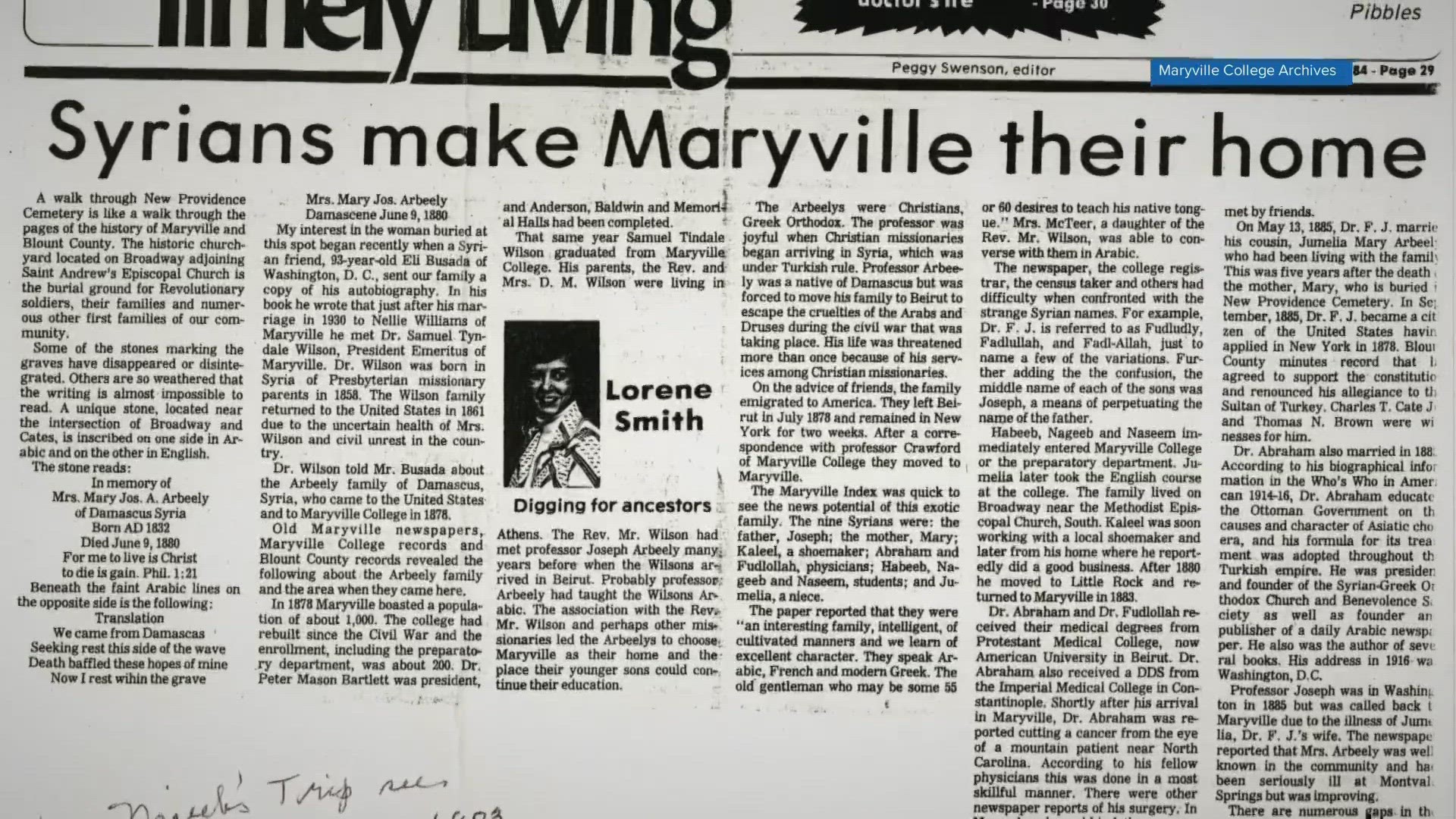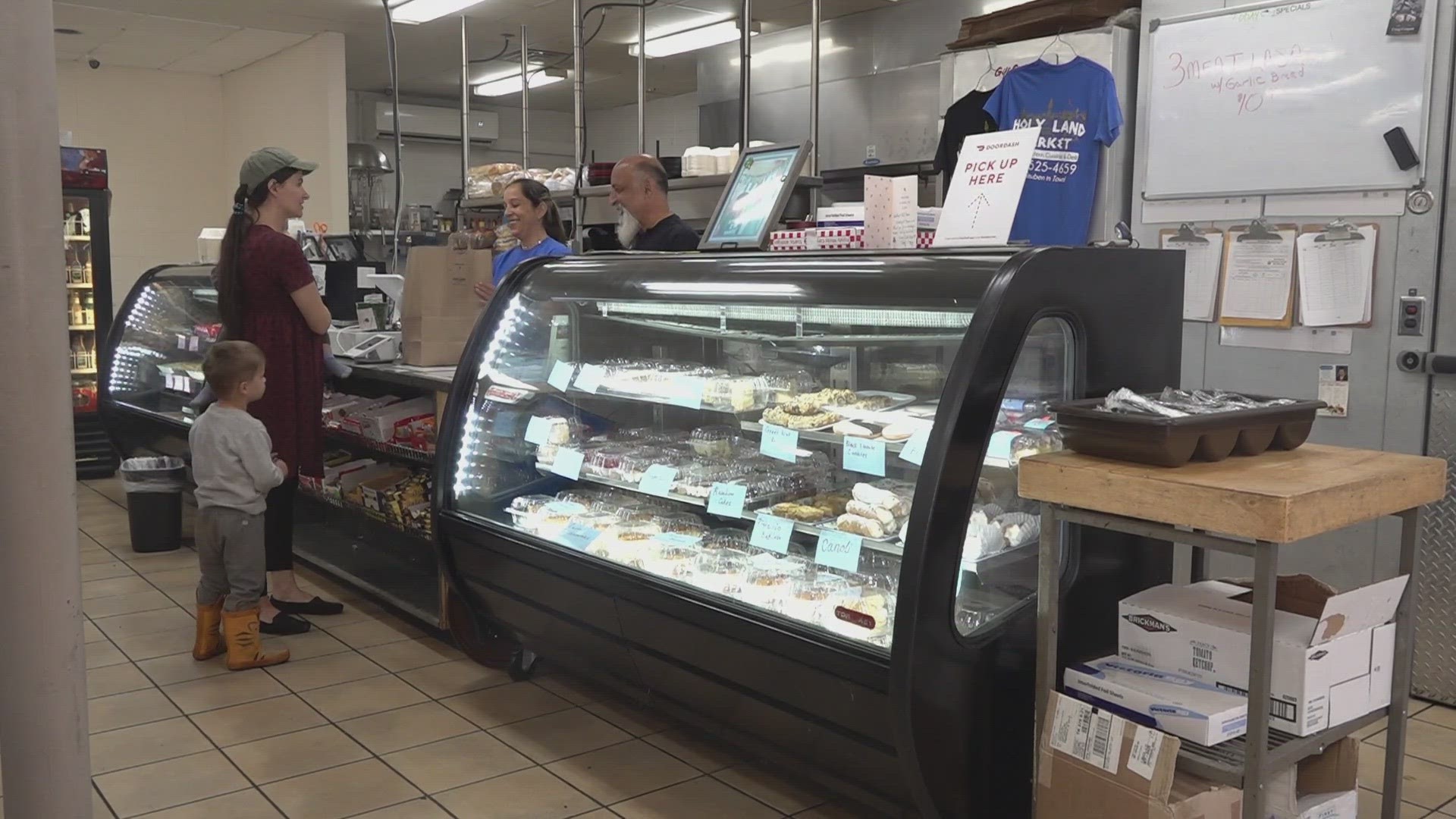Arab Americans in East Tennessee: How they've shaped the communities we live in today
Across the United States, April is annually observed as Arab American Heritage Month.
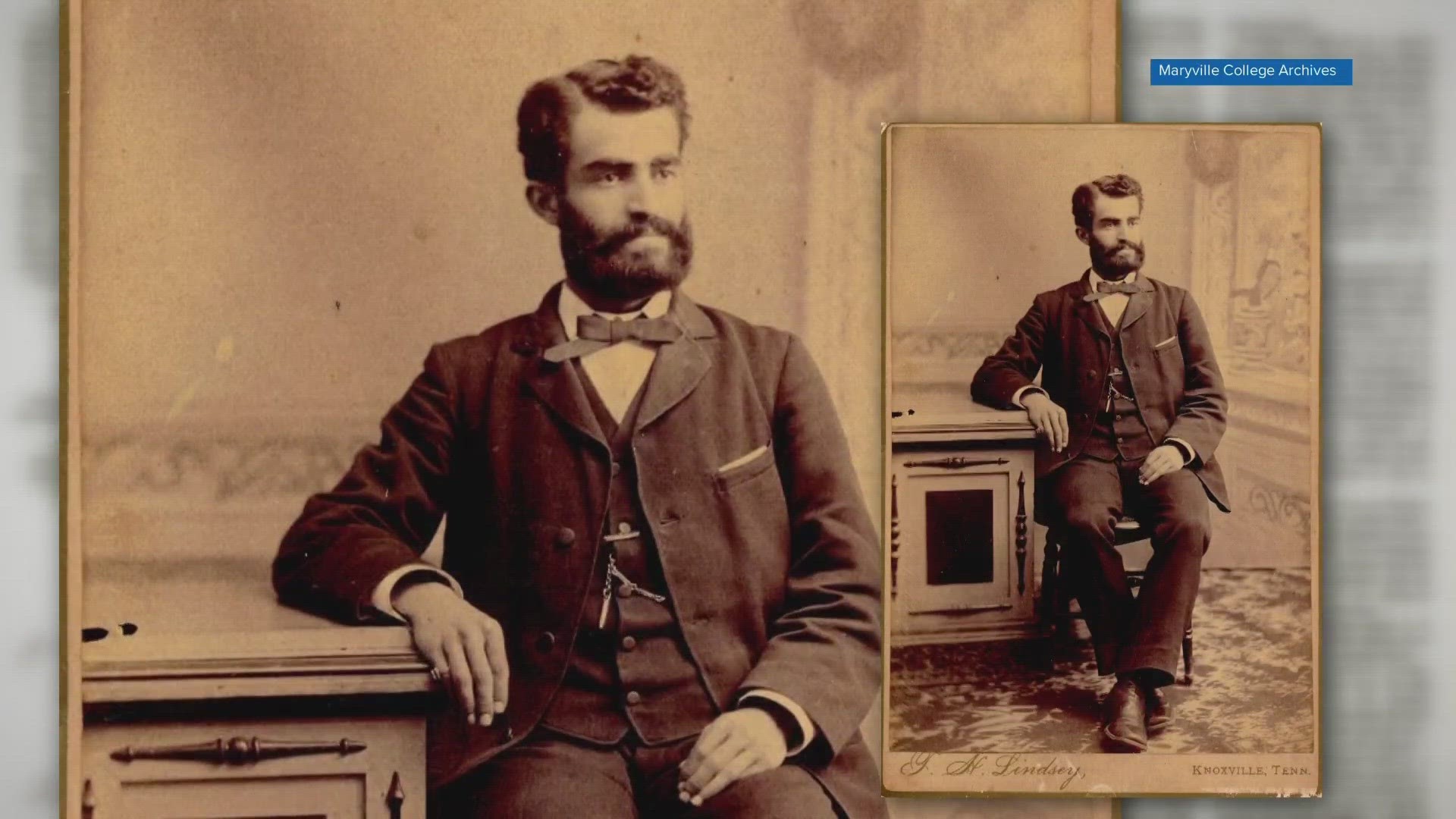
Arab American entrepreneurs, doctors, scientists, artists, teachers and beyond have helped shape Tennessee into the state it is today. Following English and Spanish, Arabic is the third most spoken language in the Volunteer State.
Across the United States, April is annually observed as Arab American Heritage Month. Gov. Bill Lee is one of five governors who has never issued a proclamation in honor of the month aimed at supporting and celebrating the contributions of Arab Americans.
From the Middle East to East Tennessee
Susan Dakak remembers walking into an East Tennessee grocery store decades ago as a new immigrant searching for employment.
Forty-five years later, she can't help but chuckle as she recalls how she told the woman who greeted her that she was there for a job interview. "I told the lady that I have a date with the manager when I meant that I had an appointment with him," she laughed.
Although she spoke English well, Dakak acknowledges it took a while to overcome some of the language barriers. After all, English and Arabic are vastly different languages.
"The culture of the language, it took a while to get through," she recalled.
In 1978, Dakak left Iraq and arrived in East Tennessee as an incoming college freshman eager for new opportunities.
"Ever since I landed in this country, all I ever wanted to be is an American," she said.

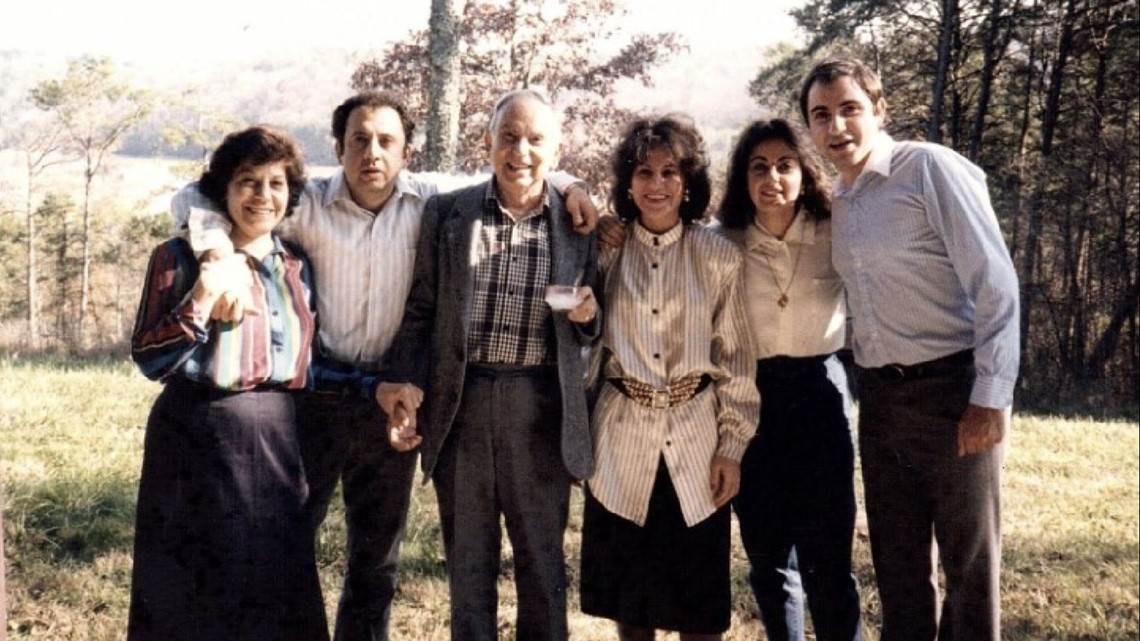
Today, Dakak sits on the board of the Arab American Club of Knoxville, serving as a beacon of education and cultural awareness.
"We are rich with culture, we are rich with arts and history and food and science," Dakak said, a civil engineer herself. "If you take anyone, even the people who can't stand the word 'Arab' and then you take them and put them in the Middle East, they'll come back in love with that culture."
Dakak is one of the estimated 58,000 Arab Americans living in Tennessee, according to the Arab American Institute, a non-profit that advocates for the interests of Arab Americans.
Research by the non-profit, however, suggests the above number is "likely significantly lower than the actual number of Arab Americans in the state." That's because the U.S. Census does not include an option for respondents to identify as Middle Eastern or North African, forcing many to check the box next to "white" under the category of race.
According to the Arab American Institute, Knox County is home to the fourth-largest Arab American population in Tennessee.
During the 19th century, one family opened a door for Arabs in the Volunteer State. In 1878, the first Syrian family to immigrate to America arrived in East Tennessee.
"This was very early," noted historian, author and founding director of the Knoxville History Project Jack Neely. "It was very unusual to have anybody of Arabic descent living permanently in America."

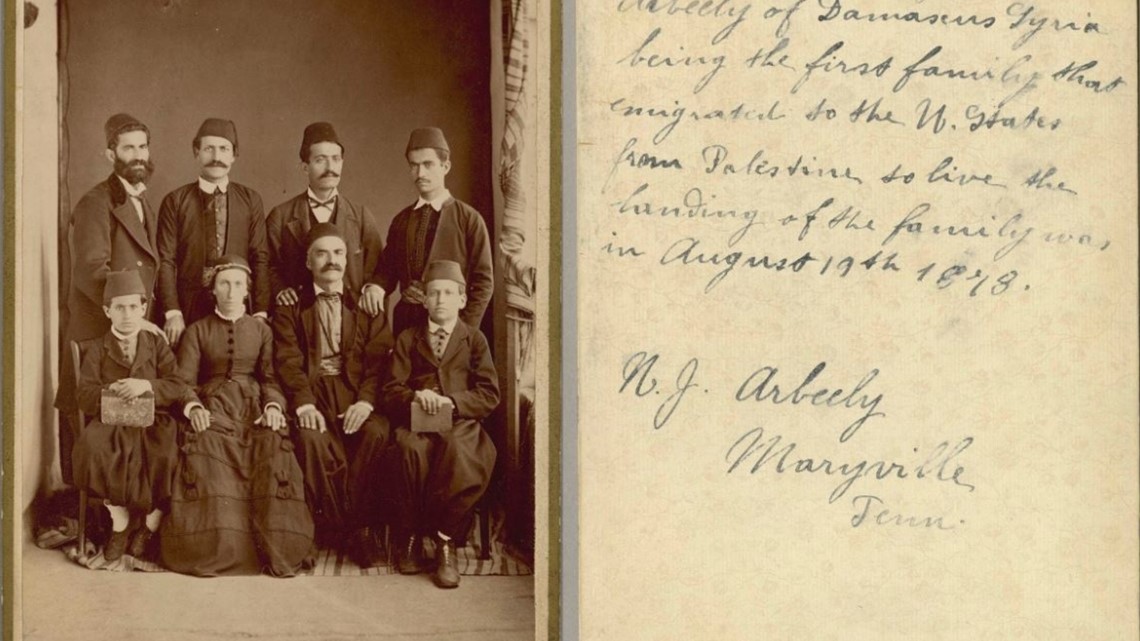
The Arbeely family settled in East Tennessee likely thanks to Maryville College. Unlike many American schools at the time, the university welcomed students of all backgrounds and cultures.
The family was highly educated, according to Neely. One family member was a doctor, another a professor, and multiple family members were students.
"A few people here regarded them with suspicion, but a lot of people were fascinated with them," Neely added.
The Arbeely family, Neely explained, left their home in Damascus, Syria because they were part of the Christian minority and felt oppressed by the Ottoman Empire.
Proud of their Syrian culture and hopeful to build a new life, the family of nine quickly found a way to become part of the community, Neely said.
The family would often host lectures at various churches, the YMCA and other locations. "They would talk about their culture, and they would talk about Syria," Neely explained.
The Arbeely family warmed East Tennesseans' hearts through their lectures and personal stories of their homeland.

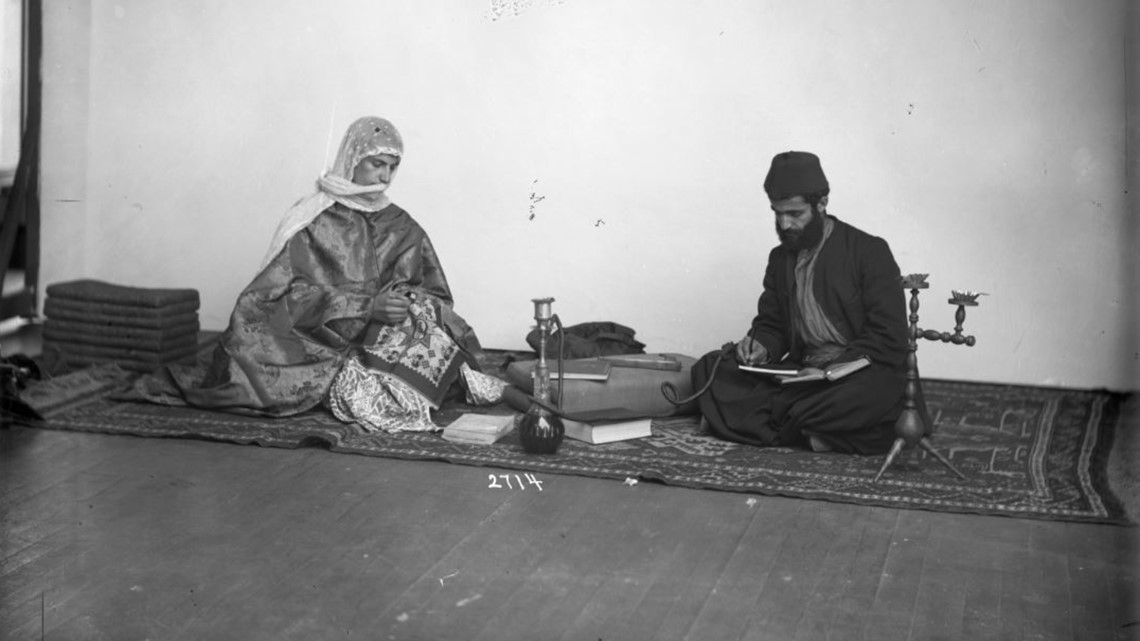
"They were treated as celebrities," Neely explained. "They eventually became well known and they began touring the East Coast to the big cities, giving these talks about Arabic culture."
Eventually making their way to New York, the Arbeelys started the first Arabic-language newspaper published in the United States in the early 1890s.
Much like the Arbeelys in the 19th century, Dakak and other 21st-century Arab Americans hope to be pioneers in their own way.
Today, people with roots from Syria, Iraq, Palestine, Jordan, Lebanon, Egypt and beyond are proud to be both Arab American and Tennessean. On Saturday, April 15 from noon to 10 p.m., the Arab American Club of Knoxville will host ArabFest at Market Square in downtown Knoxville.
The festival is a celebration of Arab culture and will include authentic food, traditional dances, music and other entertainment.
Bridging cultures through art
Happiness for Rulla Habiby can be found with the stroke of a brush.
"It's like therapy," she said as she sat behind her easel, working on her newest creation. "It's sitting with myself. It's finding what really I want."
What she wants is likely something we all search for—a sense of belonging. She has found that through the vibrant paintings that dot every wall of her Knoxville home.
"The colors make me happy," she said as she strolled through her home gallery.

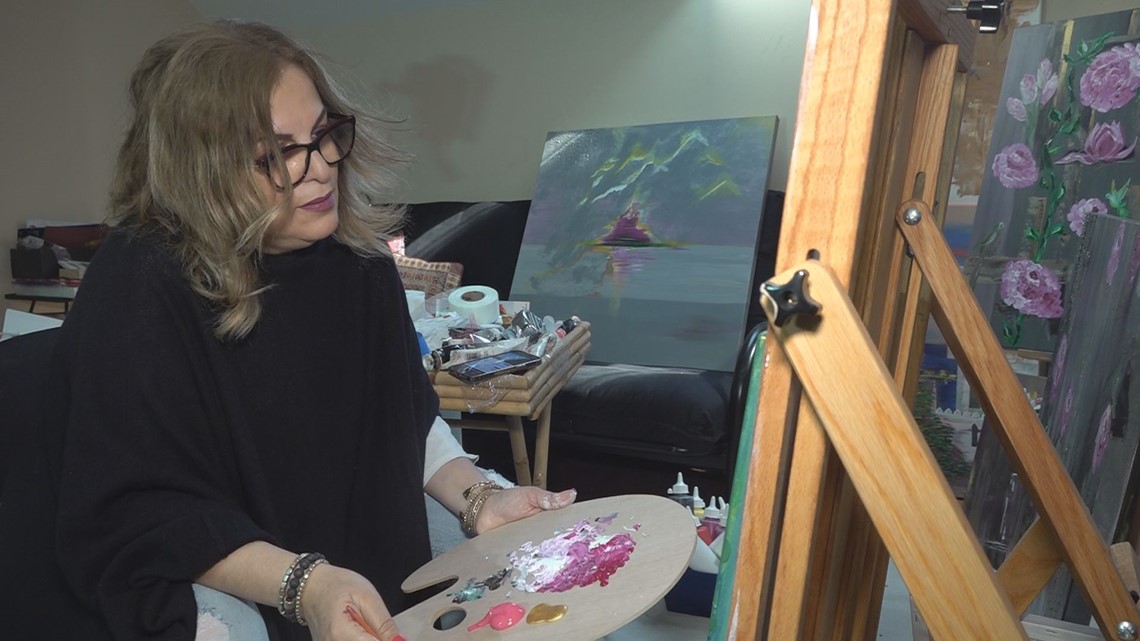
Her colorful creations, she said, are a reminder of her two worlds. "My hometown is back home, but after 20 years, also this is my hometown."
In 2003, Habiby left Palestine and came to Knoxville in search of more opportunities for her children.
In both places, she said, art has always been her favorite form of self-expression. "To show I live between two worlds. I want each side to see the other culture, the other traditions," she explained.
Mixing traditional with modern—the past with the present—is something Reem Arnouk also navigates through her artwork.
"I just want to be who I am. This is part of me, I'm going to show that I'm Syrian," she said.
Leaving war-torn Syria and coming to the United States 10 years ago, Arnouk's artwork evolved as she did.
"It was a lot of black and white," she said as she recalled moving from city to city during the Syrian war. "I took it as a way to kind of express my feelings when the war started. A lot of my art was connected to society and what happened, so it was a lot of black and white. I actually used a lot of charcoal back then," she explained.
As she began immersing herself in American culture and life in East Tennessee, Arnouk took her paintings in a new direction.
"As I came here, somehow, I saw all these nature and opportunities and the bright lifestyle, so I started using more colors," she recalled.

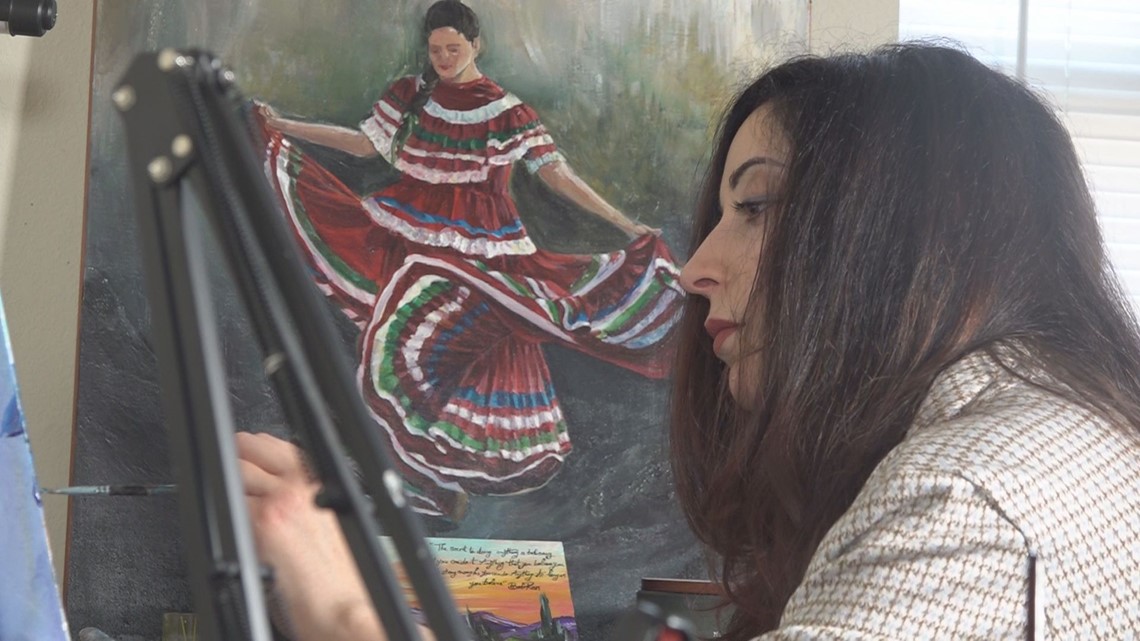
Arnouk and Habiby see life through color—merging their two cultures and showing the world home can be two places at once.
"You cannot erase from where you come and that's the good part," Habiby smiled. "You leave your roots but you can do new roots, and that's very important. Never, never, never forget your roots."
Made with love: Flavors from the Middle East
Since childhood, Walter Ajlouny has had a hunger for feeding others.
"I've been cooking since I was 12," the owner of Holy Land Market & Deli in Knoxville explained. "When mom and dad always worked, I would come home from school and I would cook dinner for them."
Although he was mainly self-taught, Ajlouny picked up some of his culinary skills by watching his Palestinian mother as a child. "When mom would cook, I would observe."
It's mostly his own taste buds, however, that have guided him from kitchen to kitchen over the years. "I don't really follow a recipe," Ajlouny said. "I use my own spicing and there's no measurement. I just go by my own tasting."
For nearly two decades years, Ajlouny has brought a taste of the Middle East to East Tennessee. Holy Land Market & Deli is tucked away on Sutherland Ave in Knoxville.
Ajlouny has spent countless hours in the deli, paying homage to his Palestinian heritage and fusing flavors to create classic Middle Eastern dishes.
The menu features traditional Middle Eastern fare such as hummus and falafel platters, pitas stuffed with lamb, chicken or beef, and tabouli and fatoush salads.

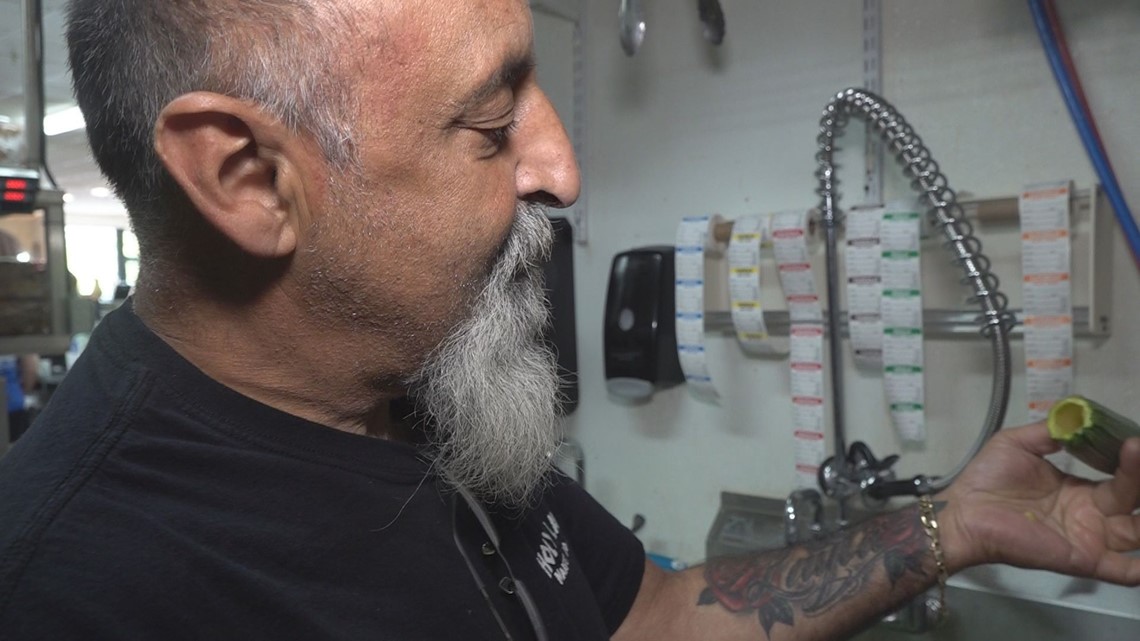
Some of Ajlouny's creations, however, aren't always on the menu—keeping curious customers anticipating more. "They keep sending messages. What are you making this week? What are you making this week?"
Ajlouny believes one key ingredient finds its way into every single dish. "We do it with a lot of love."
Love also seems to be the secret touch at Yassin's Falafel House.
"Food is everywhere in the Middle East," owner Yassin Terou explained. "I think food is a big part of our generosity. It's how we show the people how we love them, and that's why I chose to be in food."
As an immigrant from Syria and proud East Tennessean, Terou said our differences bring us together.
That mindset is hard to miss in all three Yassin's Falafel House locations across Knoxville and Maryville. A colorful sign greets customers at the front door. It reads, "Welcome—all sizes, all colors, all ages, all sexes, all cultures, all religions, all types, all beliefs, all people safe here at Yassin's Falafel House."

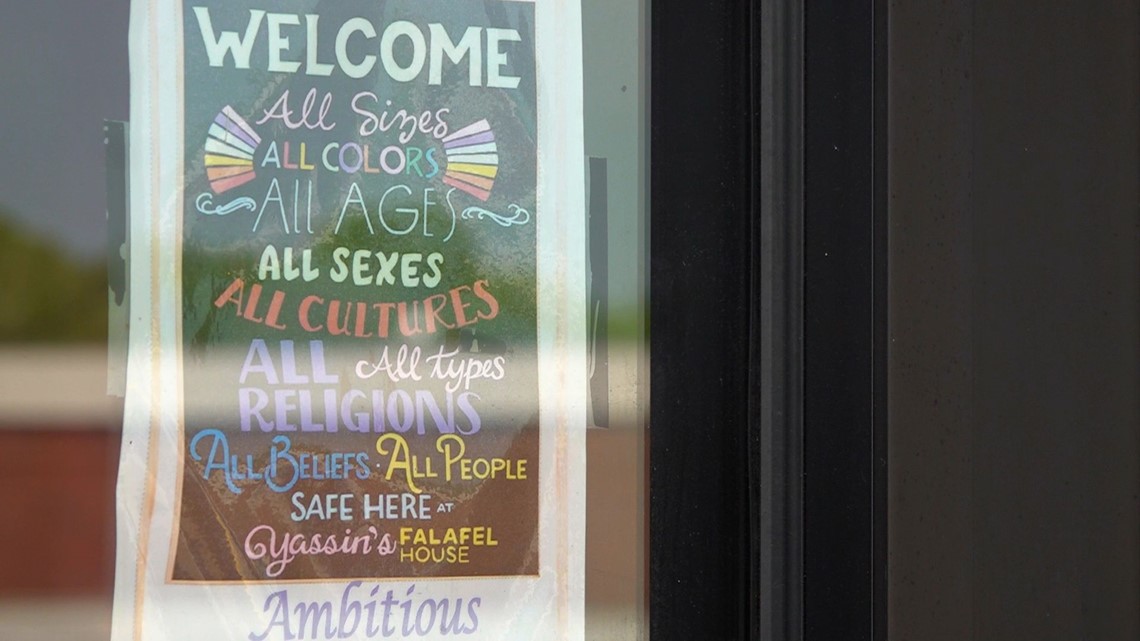
"We are proud Arabs here in Knoxville, and the community around us, they treat us as brothers and sisters," Terou said.


